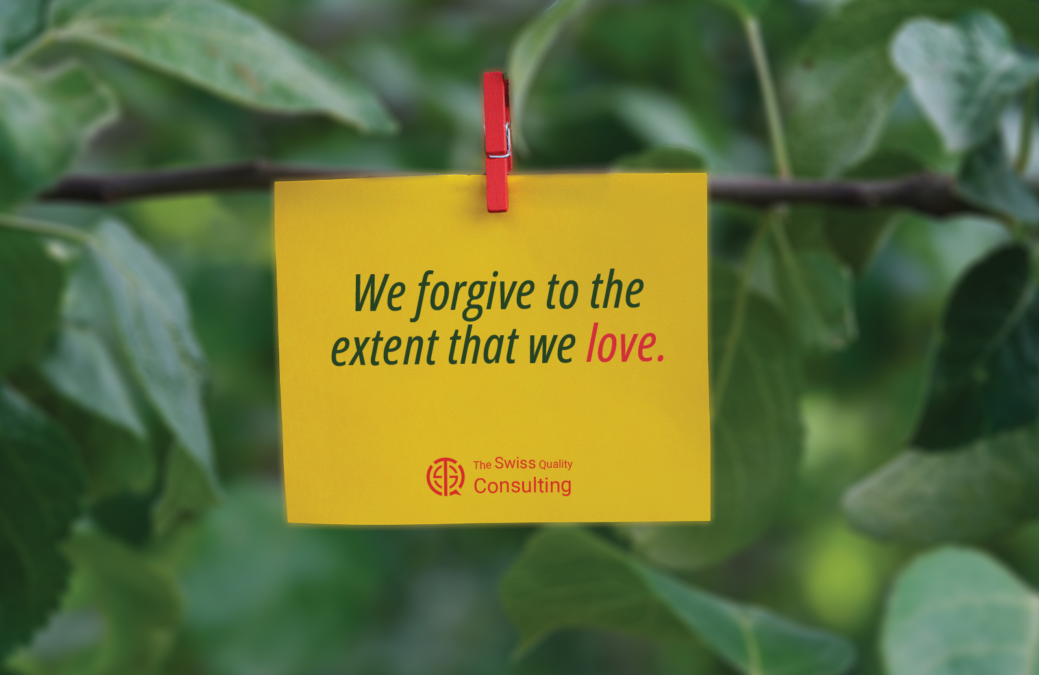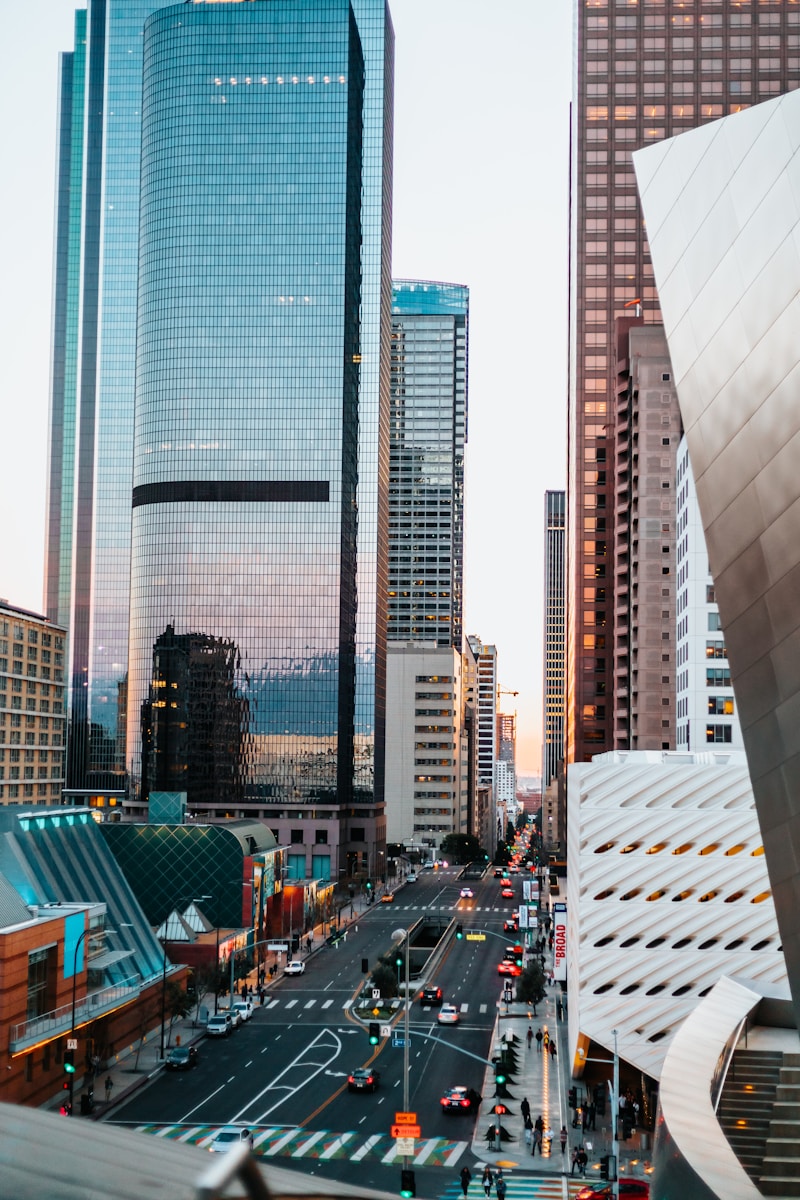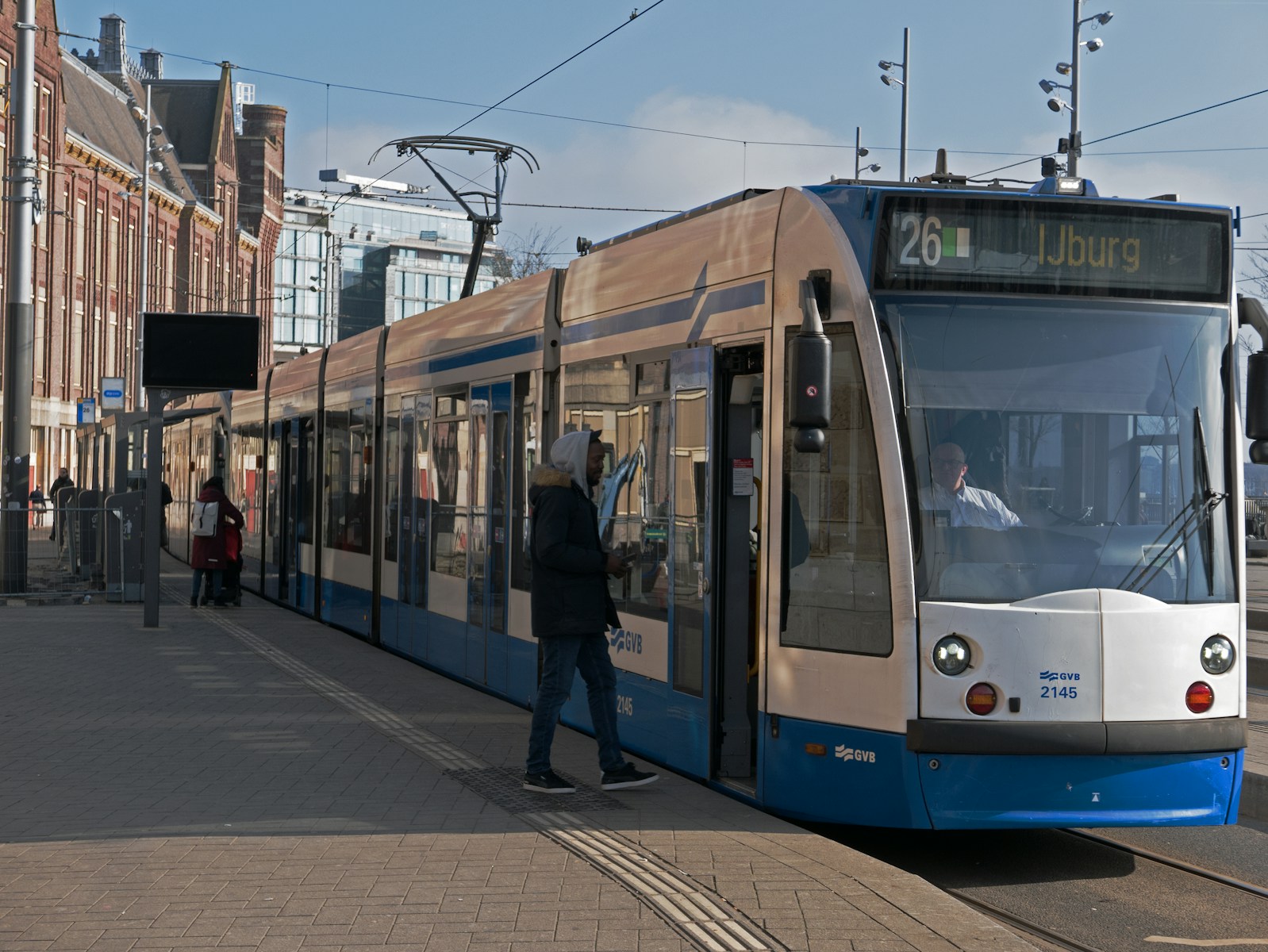The Power of Forgiveness: A Universal Human Virtue
Forgiveness is a remarkable facet of the human experience. It transcends cultural boundaries and speaks to the core of our shared humanity. In its essence, forgiveness is an act of love, a testament to our capacity for empathy and understanding. This universal virtue has the power to heal wounds, mend broken relationships, and bring inner peace. As we explore the concept of forgiveness, we are reminded of the profound truth: “We forgive to the extent that we love.”
Forgiveness is not bound by any specific culture, religion, or ideology. It is a fundamental aspect of our human nature, deeply ingrained in our collective consciousness. When we forgive, we release the burden of anger, resentment, and hurt that we may carry within us. This act of liberation is a testament to our love for ourselves and for others.
At its core, forgiveness is an act of empathy. It requires us to put ourselves in the shoes of those who have wronged us, to understand their motivations and circumstances. This doesn’t mean condoning or excusing their actions, but rather acknowledging their humanity and frailty. In forgiving, we recognize that people make mistakes, and that we, too, are fallible beings. It is a recognition of our shared imperfection and a demonstration of compassion.
The act of forgiving is not always easy. It can be incredibly challenging, especially when the wounds run deep. However, the difficulty of forgiveness underscores its significance. When we forgive, we choose to let go of the past, to release the grip that pain and anger have on us. In doing so, we free ourselves from the chains of resentment and bitterness, allowing room for healing and growth.
Forgiveness is not a one-time event; it is a process. It involves introspection, acceptance, and a commitment to moving forward. It requires us to confront our own emotions and acknowledge the pain we’ve experienced. Only by facing these emotions can we begin the journey toward forgiveness.
One essential aspect of forgiveness is self-forgiveness. We often forget that we, too, make mistakes and hurt others unintentionally. Self-forgiveness is an act of self-love and self-compassion. It allows us to recognize our humanity and grant ourselves the same understanding and grace we offer to others.
When we extend forgiveness to others, we pave the way for reconciliation and the restoration of relationships. Forgiveness opens the door for communication and healing conversations. It can transform conflicts into opportunities for growth and connection. In this way, forgiveness not only benefits the forgiver but also the forgiven.
The power of forgiveness extends beyond the individual level; it has the potential to foster peace and harmony within communities and societies. History is filled with examples of nations and groups that have chosen forgiveness and reconciliation over vengeance and hostility. These acts of collective forgiveness have led to the healing of deep-seated wounds and the building of bridges between estranged communities.
In a world that often seems divided and polarized, forgiveness can serve as a unifying force. It reminds us of our shared humanity and our capacity to come together, despite our differences. Forgiveness transcends cultural, religious, and ideological boundaries, offering a common ground for understanding and healing.
As we reflect on the profound truth that “we forgive to the extent that we love,” we are reminded of the essential role love plays in the act of forgiveness. Love is the foundation upon which forgiveness is built. It is love that enables us to see the inherent worth and dignity of every individual, even those who have wronged us. It is love that empowers us to transcend our own pain and offer empathy and compassion to others.
Forgiveness is a universal human virtue that transcends cultural, religious, and ideological differences. It is an act of love and empathy, a testament to our shared humanity. Forgiveness has the power to heal, to mend broken relationships, and to bring inner peace. It reminds us that we are all imperfect beings, capable of both hurting and being hurt. By forgiving, we choose to let go of anger and resentment, freeing ourselves and others from the burden of the past. Ultimately, forgiveness is a profound expression of love, a force that has the potential to unite and heal us all.
#Forgiveness #LoveAndForgiveness #Empathy #Healing #Humanity









